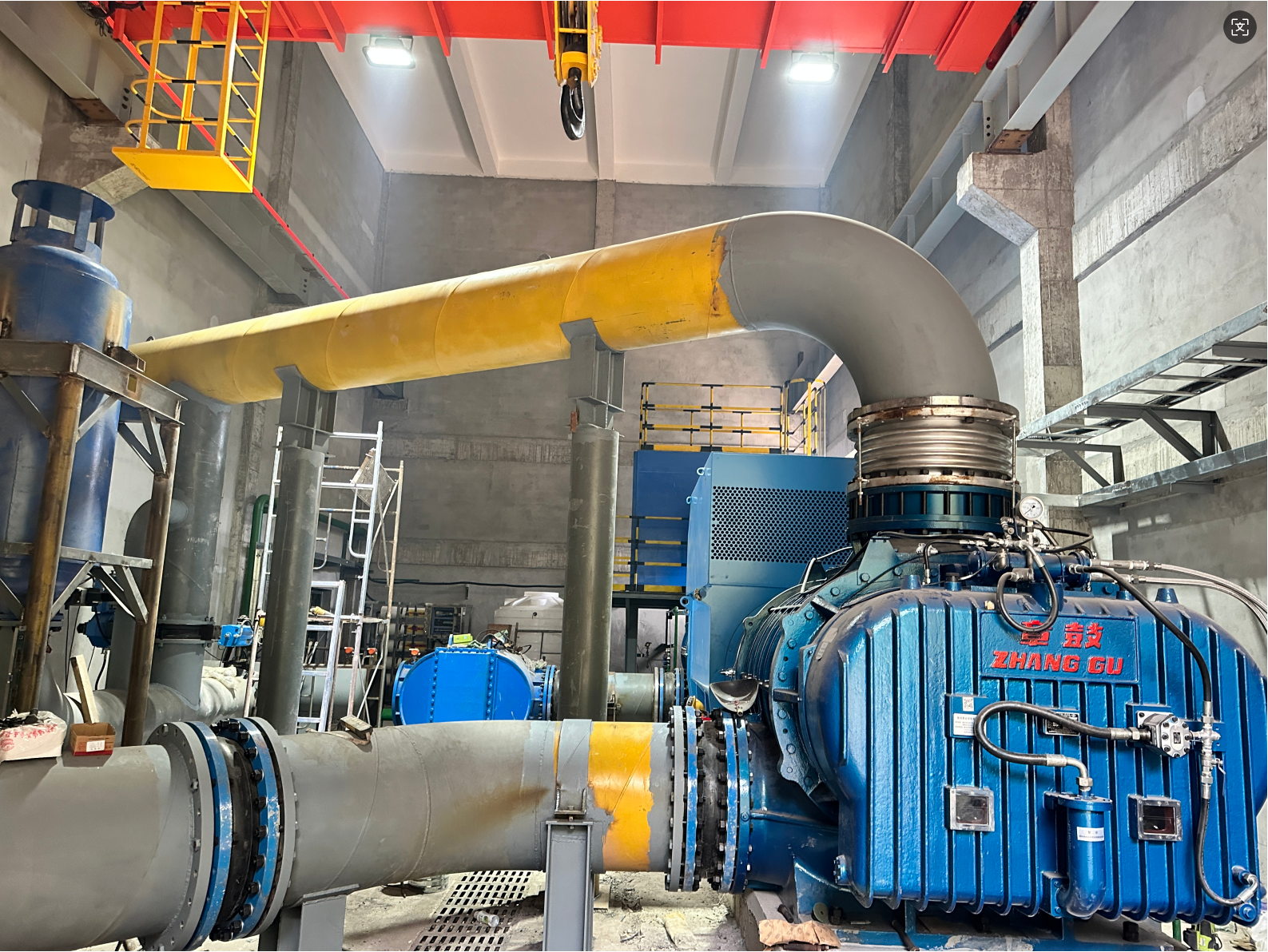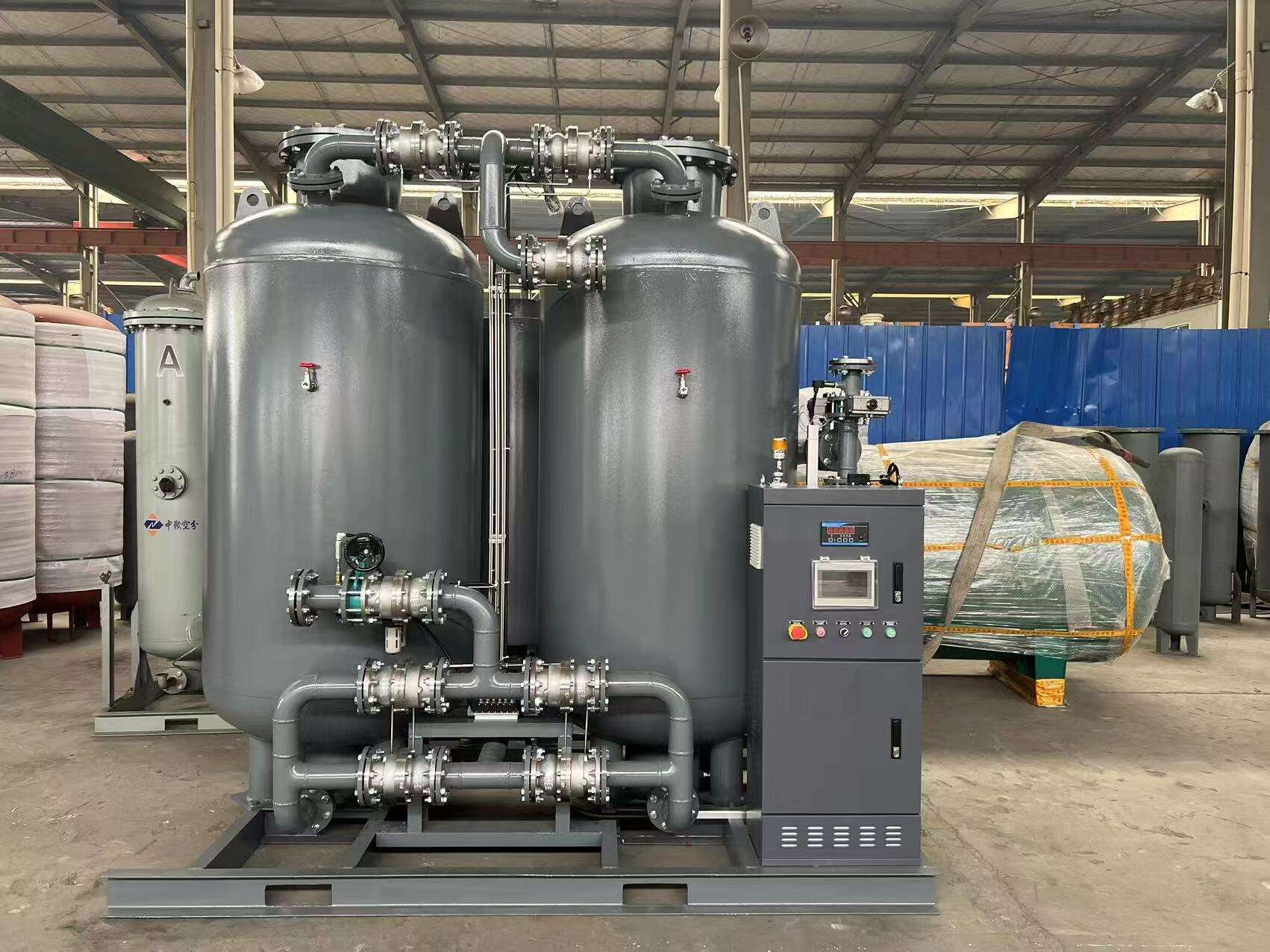ການດຳເນີນງານໂດຍວິທີ່ແປງຄວາມດູນສຳລັບການຜະລິດออกຊີເຈນ
Pressure Swing Adsorption (PSA) ສຳລັບການຜະລຸງออกຊີເຈັນແມ່ນເทັກໂນໂລຊີທີ່ປົກກະຕິທີ່ສຳເລັດໃນການແຍກອອກຊີເຈັນຈາກอากາດ. ການປະຕິບັດນີ້ເຮັດວຽກໂດຍການໃຊ້ວັດຖຸໄສ້ພູມໂຫຼ້າທີ່ເລືອກເອົາເຄິ່ງເຊິ່ງແຍກເອົາເຄິ່ງເຊິ່ງເອົາເຂົ້າໄປ. ລະບົບນີ້ເຮັດວຽກໂດຍການປ່ຽນແປງວົງຈັກຄວາມດູນ, ເຊິ່ງອາກາດຖືກຍ້າມເຂົ້າໄປໃນເຄື່ອງທີ່ມີວັດຖຸແຍກເຂົ້າ. ໃນຄັ້ງທີ່ມີຄວາມດູນສູງ, ເຄິ່ງເຊິ່ງເຂົ້າໄປໃນໄສ້, ເນື່ອງຈາກເຄິ່ງອອກຊີເຈັນເປີນຫຼຸດ. ເມື່ອຄວາມດູນລົງ, ເຄິ່ງເຊິ່ງຖືກເອົາເຂົ້າໄປຈະຖືກເອົາອອກຈາກລະບົບ. ວົງຈັກນີ້ທີ່ເປັນໄປຢູ່ເປັນເວລາຍາວ, ເຮັດໃຫ້ຜະລຸງອອກຊີເຈັນທີ່ມີຄວາມສຸກສົມສູງ, ຕົວຢ່າງ 95%. ເທັກໂນໂລຊີ PSA ທີ່ມີຢູ່ປັດຈຸບັນມີລະບົບຄົ້ນຄວ້າທີ່ປົກກະຕິ, ເຊິ່ງເປັນການປະຕິບັດວົງຈັກຄວາມດູນ, ເນັ້ນຫຼຸດຄວາມສຸກສົມຂອງອອກຊີເຈັນ, ແລະຫຼຸດຄວາມສູ້ມຂອງເຄື່ອງ. ອີງຕາມການປະຕິບັດ, ມັນມີການໃຊ້ຫຼາຍໃນອຸດົມສາຫະກິດ, ຫຼັກສຸຂະພາບ, ການປະຕິບັດເມືອງ, ການປຸງນ້ຳ, ແລະການຜະລຸງແຫ່ງ. ລະບົບນີ້ມີການອອກແບບທີ່ສາມາດເພີ່ມຂຶ້ນໄດ້, ເຮັດໃຫ້ມັນສາມາດໃຊ້ໄດ້ທັງການປະຕິບັດເຄື່ອງໜ້ອຍແລະການປະຕິບັດໃຫຍ່. ການປະຕິບັດນີ້ມີຄ່າສຸກສົມ, ແລະສາມາດຜະລຸງອອກຊີເຈັນຢູ່ທຸກເວລາ, ບໍ່ມີຄວາມໝູ້.


